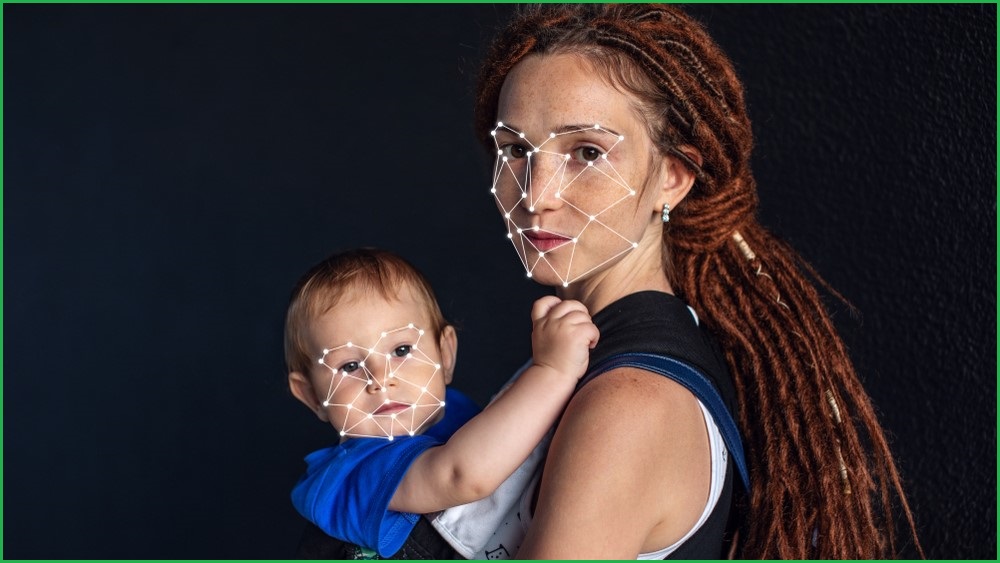A trial of age assurance technologies commissioned by the Australian government in the lead up to its under-16s social media ban has yielded mixed results, with some techniques being “scarily accurate” and others experiencing issues or keeping too much data, according to the trial’s deputy director.
Andrew Hammond from Australian software consultancy firm KJR, which was tasked with helping run the trial, told Information Age eight of the most promising software solutions have been tested by more than 1,000 Australian school students, after 56 companies initially offered up their technologies.
Preliminary findings from the technology trial, released on Friday, found that while there were not any substantial technological limitations in the tested technologies, no single solution worked in all situations.
“I was, like a lot of people, somewhat sceptical about the accuracy heading in — and we’re still working on finalising the efficacy of these systems in Australia,” Hammond said.
“Some of the applications were scarily accurate, just relying on a face [recognition].
“… Some of the tech does have issues.”
'None were perfect every time, in every scenario'
The trial tested various age assurance methods which Australians, including those over 16, may be forced to use to access social media after the government’s ban takes effect in December.
The methods included age verification systems which typically use government documents or ID, age estimation systems which use facial or hand-based biometrics, and age inference systems which use data about a person’s online activity or accounts to infer age.
KJR said it had not been asked to pick the best solution or create a leaderboard of the top systems, but to “assess the technological feasibility, privacy considerations, and readiness of these methods”.
“All of the systems that we saw, none of them were perfect, and none were perfect every time, in every scenario,” Hammond said.
While the preliminary findings did not include any accuracy data, Hammond said the technology providers would continue to update their software to increase accuracy.
Some systems which were tested had issues running on certain devices or internet browsers, while others performed well and took less than a minute to set up, Hammond added.
“If you were to grab some of the more mature systems, then I don’t think the public would have many reservations about the accuracy, whereas some of the more maturing ones have a little way to go,” he said.
Other systems which simply relied on parental controls to manage what children accessed online were found to be initially effective, but there was “limited evidence” they could prevent more capable teenagers from circumventing them.

Age assurance technologies can include the use of a person's biometrics, including from their face or hands. Image: Shutterstock
Some providers keeping too much personal data
Several software providers were “over-anticipating” the needs of regulators and law enforcement by keeping some information about how individuals had used their age assurance technologies, in case it was needed in official investigations or legal cases, the preliminary findings noted.
This “could lead to increased risk of privacy breaches due to unnecessary and disproportionate collection and retention of data”, the report found.
“The reason why we raised that in the preliminary report is that currently there isn’t any requirement to have that level of traceability,” Hammond said.
“… So there’s possibly some room for the government to clarify what, if any, information or audit history is needed to be captured for those purposes.”
Critics of the government’s social media age ban have raised concerns over privacy and security, including the collection of personal data for use in age assurance.
The federal government this week released consumer research — after holding onto it for six months — which found most Australian adults were “very concerned” about privacy and security issues surrounding age assurance technologies.
Hammond said KJR had examined the privacy and security policies of the software providers and found most of them were “super sensitive, and only keeping the information they need to and that is necessary, and only for as long as necessary”.
“There’s definitely an awareness in industry that there is a level of information that they’re capturing to make those determinations that they don’t need to keep,” he said.
The technology trial, which was run with the UK-based organisation Age Check Certification Scheme (ACCS), aimed to share its final report with Communications Minister Anika Wells by the end of July, organisers said.
The report is expected to become public as early as August, before the government decides how it will define the “reasonable steps” social media platforms must take to prevent under-16s from holding accounts.
While the federal opposition has supported the government’s plans, the Liberal Party’s spokesperson for communications, Melissa McIntosh, said on Friday that “time is ticking” for the government to confirm which tools will be used to keep children safe online.










